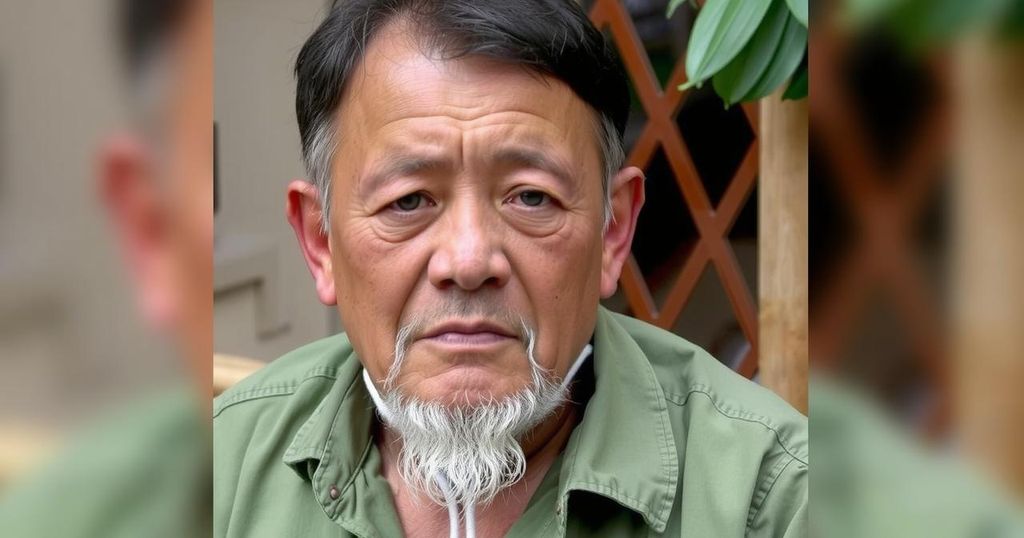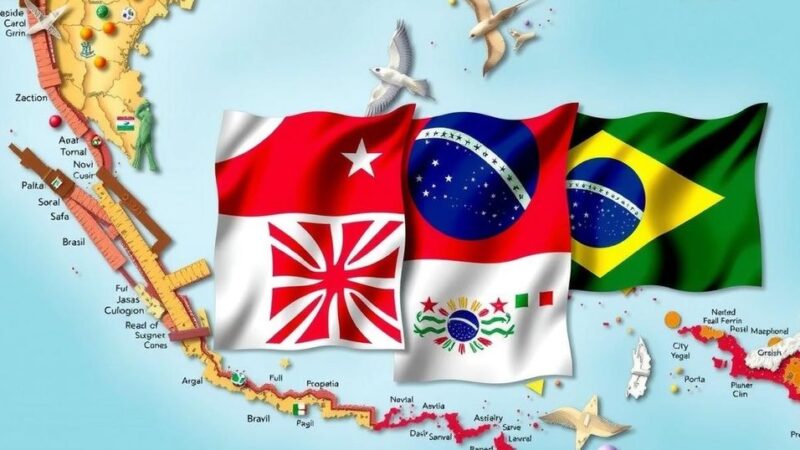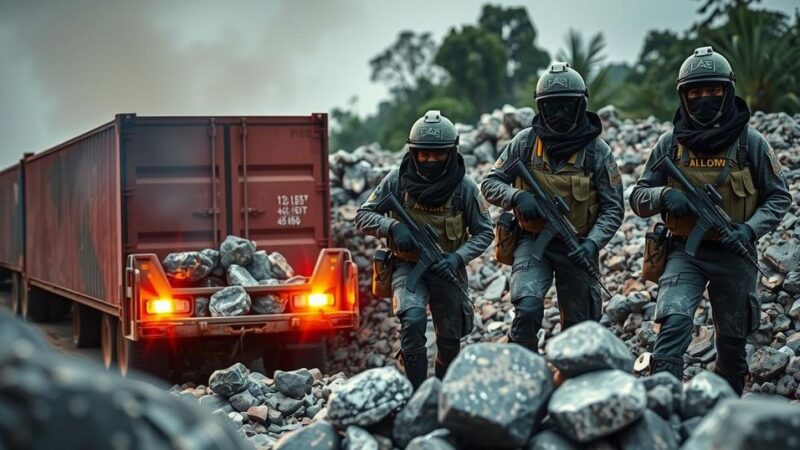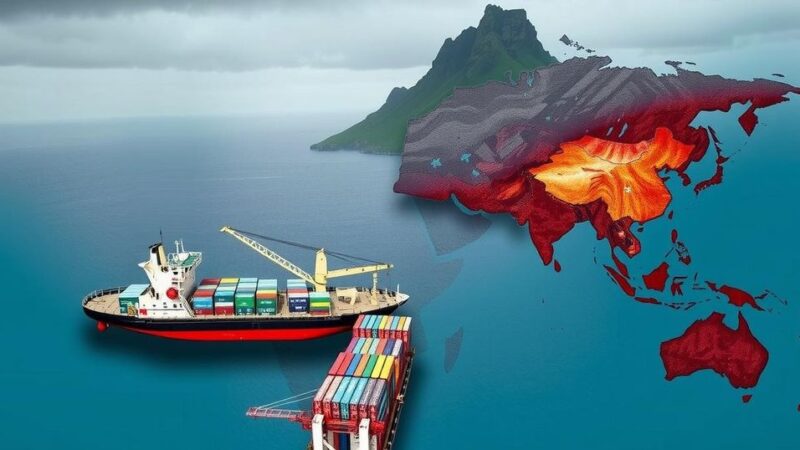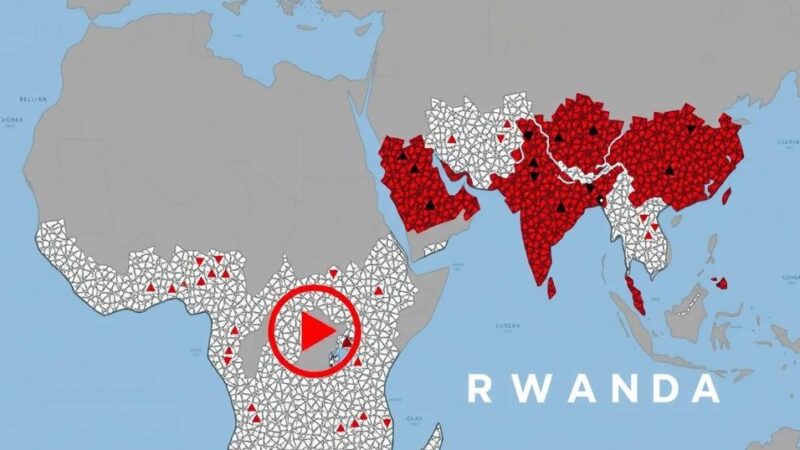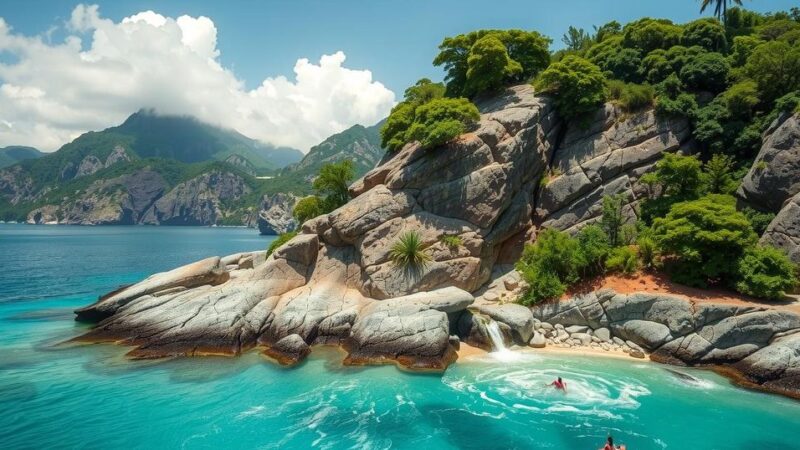Pablo Muñoz Hoffman, a former Chilean guerrilla, was arrested in Bolivia after 29 years on the run but was released the following day instead of being extradited to Chile. His capture near the Chilean Consulate followed his admission to entering Bolivia illegally, and despite interest from Chilean officials for his extradition, he was freed, raising questions about the legal rationale behind this decision.
Pablo Muñoz Hoffman, a former guerrilla member of the Manuel Rodriguez Patriotic Front (FPMR) from Chile, was unexpectedly released by Bolivian authorities on Tuesday after being apprehended the previous day. This marked a significant turn of events, as he had evaded capture for nearly three decades following an audacious jailbreak in 1996. Upon his arrest near the Chilean Consulate in La Paz, he revealed his intention to acquire travel documents for a return to Santiago due to familial obligations. Despite Chilean officials expressing an interest in extraditing him to serve his sentence, Muñoz Hoffman was freed, raising questions regarding the legal proceedings.
Following his capture, Chilean Foreign Minister Alberto van Klaveren indicated that the current administration aimed for Muñoz Hoffman to complete his sentence in Chile. Nevertheless, in a surprising development, he was set free instead of being extradited, despite an Interpol red alert being in effect. The reasoning behind this decision remains unclear. Legal sources familiar with Muñoz Hoffman noted that due to the statute of limitations, he can return to Chile as a “free man” at any time. A move by one of his attorneys in 2022 sought to eliminate his status as one of Chile’s most wanted fugitives.
Interior Minister Carolina Tohá stated that Chile has no jurisdiction over Bolivian courts, emphasizing that the judicial process in Bolivia operates independently. She reiterated that once the appropriate legal documents are submitted, authorities may arrest Muñoz Hoffman again in Bolivia to initiate extradition procedures. Alternatively, should he opt to return to Chile voluntarily, he would also face arrest upon arrival. Thus, the future of Pablo Muñoz Hoffman remains uncertain, hinging on his potential actions and the interplay of Chilean and Bolivian legal systems.
Pablo Muñoz Hoffman is a notable figure in the context of Chile’s tumultuous political history, having been a member of the FPMR, a group involved in armed resistance against the Pinochet dictatorship. His escape in 1996 from a Chilean prison added to his notoriety, and his subsequent evasion of law enforcement for 29 years drew significant attention, culminating in his arrest in Bolivia. The complexities surrounding extradition and jurisdictional authority between Chile and Bolivia have become a focal point of discussion in this case, highlighting ongoing tensions and the challenges of cross-border legal procedures.
The release of Pablo Muñoz Hoffman by Bolivian authorities highlights significant legal complexities and raises important questions about extradition processes between Chile and Bolivia. Despite the Chilean government’s interest in ensuring that he serve the remainder of his sentence, the application of laws governing his status remains uncertain. The interplay of jurisdiction and independent legal systems may shape Hoffman’s future actions and the potential for extradition.
Original Source: en.mercopress.com

